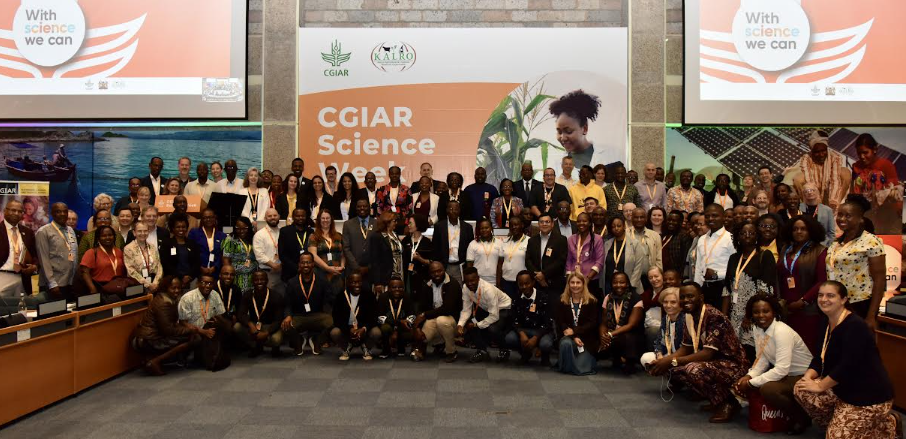The Consultative Group on International Agricultural Research (CGIAR) is working towards improving the lives of people from low- and middle-income countries by sustainably transforming animal and aquatic food systems.
Through the Sustainable Animal and Aquatic Foods (SAAF) Program, they want to foster inclusive, healthy, and nutrient-dense food supply chains that are climate- and environmentally friendly.
Speaking during the CGIAR science week at the UN University in Nairobi, Rodrigue Yossa, Interim Director of the Sustainable Animal and Aquatic Food Science Program of the CGIAR, said the 6-year program will work in 17 countries from Africa, Asia, South America, and the Pacific.
Kenya, which is among the countries that will benefit from Africa, and according to Yossa, one outcome that is very clear is that the program will improve the livelihoods of 1.7 million people across the board. "SAAF aims to create sustainable, nutrient-dense food supply chains that are both climate- and environmentally-friendly through a combination of scientific innovations, policy changes, and inclusive practices," he said The program will be implemented and achieved through six areas, namely, productivity, climate and environment, one health, market systems policy solutions and scaling, data and digital solutions, and gender, youth, and social inclusion.

